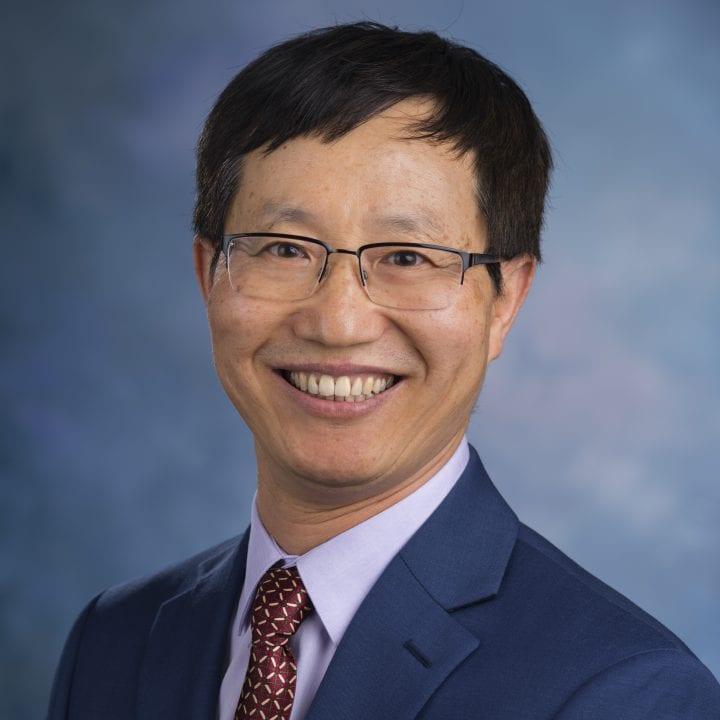
Dr. Baozhang Wang — an associate professor in Georgia State University’s Institute for Biomedical Sciences — received $3.26 million in federal funding this week to help develop a universal flu vaccine over the next five years.
“A novel approach to fighting the flu is needed because there are several disadvantages of seasonal flu vaccines, including the need to produce new vaccines every season, uncertainty in selecting virus strains and compromised vaccine efficacy when viruses are mismatched,” Wang said. “Universal flu vaccines will overcome these challenges.”
The traditional, seasonal vaccines are built for specific strands of the influenza virus. They are effective against those strands but cannot prevent outbreaks of epidemics or pandemics because influenza can mutate and hop species — something they cannot possibly match. This makes the prospect of a universal vaccine particularly attractive, as it would introduce broad cross-protection against both influenza A and B viruses, through the use of certain molecules that can stimulate immune responses from both influenza types.
The project — paid for by the National Institute of Allergy and Infectious Diseases — will test whether any combination of layered nanoclusters will create a reactive immune response and if any immunity granted will provide cross-protection against both influenza types in mice. Ferrets will also be examined to see if the leading multivalent nanocluster combinations would induce robust immune responses for cross-protection.




